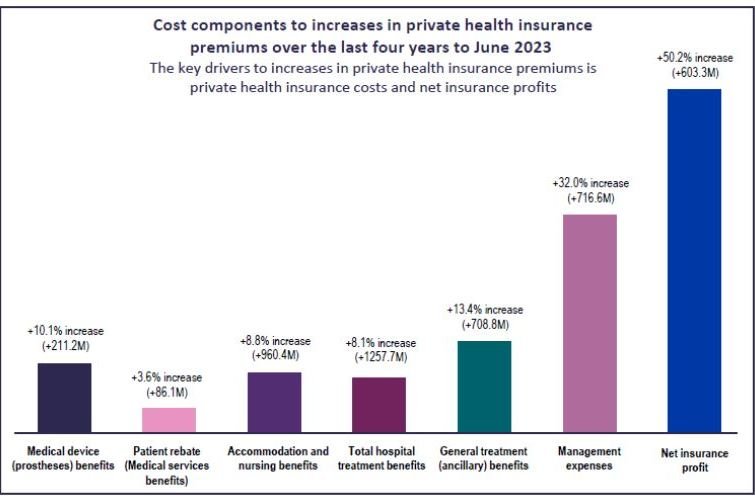As the industry struggles with the increasing pressure and ramifications agricultural practices have on climate change, one Manjimup farmer is turning to the winter-active exotic dung beetle, Bubas bison, to help implement a carbon positive approach.
Pioneering the use of biochar as a means of sequestering carbon, Doug Pow of Marron Brook Farm, 300kms south of Perth, sidestepped intensive machinery to fertilise inaccessible Alps slopes by developing a strategy using the dung beetle to bury the biochar-infused manure deep within the soil profile.
And this landed Pow the Australian Government Innovation in Agriculture Land Management Award at the recent 2019 Western Australian Landcare Awards.
‘When we first bought this farm, I noticed active dung beetles burying virtually every dung pat down as deep as 600 millimetres into the ground,’ Doug explained.
‘And after attending a very interesting biochar talk, explaining the effectiveness of GPS controlled grain farming seeding equipment to put charcoal in to the ground and then using the same GPS seeding equipment to plant the seed of the next grain crop over the char into the ground, they were getting an increase in productivity.
‘How could I put that into effect in a place like Manjimup where we grow horticulture crops, we grow tree crops, where we have big high hills and narrow gates and we can’t pull hundred metre wide equipment up mountain sides.
‘So I attempted to feed some char to my cattle, let it fall out the other end and hopefully, the beetles would bury the dung of the cow they were burying, while also placing the char into the ground.
‘And the soil has become more fertile, it’s releasing the phosphorous that’s been locked up in the soil, back up to the surface, that has a big advantage.’
Research into the use of biochar as a feed additive has so far indicated it can promote more efficient digestion and reduce methane emissions from ruminant livestock.
The methane gases, a huge climate change contributor, emitted by bacteria aiding bovine digestion, are consumed by methanotrophs within the char.
‘The methanotrophs can comfortably live in the cow’s gut in the pore space of the biochar and they live on the methane, reducing harmful emissions,’ Doug added.
This innovative carbon sequestration practice, resulting in healthy cattle, improved soil nutrient levels and pasture growth, has lead to a short-term State NRM funded trial at Bannister Downs Dairy. And the trial confirmed biochar could be fed to cows in stalls with additional benefits including a marked reduction in odour in the dairy.
The practice is being further trialled by the Fleurieu Milk Company (SA) where increased milk yields of 2 litres/day are reported.
Meanwhile, Doug will go on to represent WA while competing for the Australian Government Innovation in Agriculture Land Management Award at the National Landcare Awards in 2020.
Dr Shane Norrish, CEO at Landcare Australia, commended Mr Pow on his outstanding accomplishments.
‘It’s an honour to be able to recognise the great work being carried out by someone like Doug Pow’ said Dr Norrish.
‘A hugely deserved winner, he has not only significantly contributed to the protection of native biodiversity through on-ground, grassroots activities. But through his tireless work, he is nurturing the voices of international environmental leadership on climate change and we’re incredibly proud to help shine a light on his inspiring, important efforts.’





